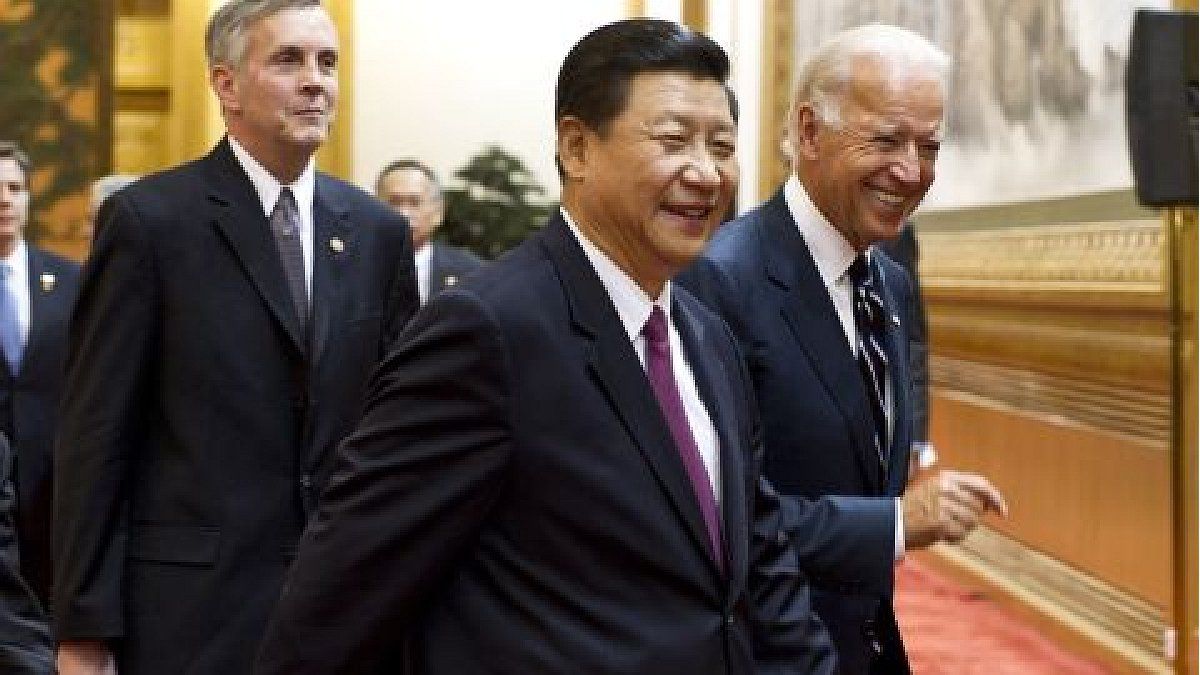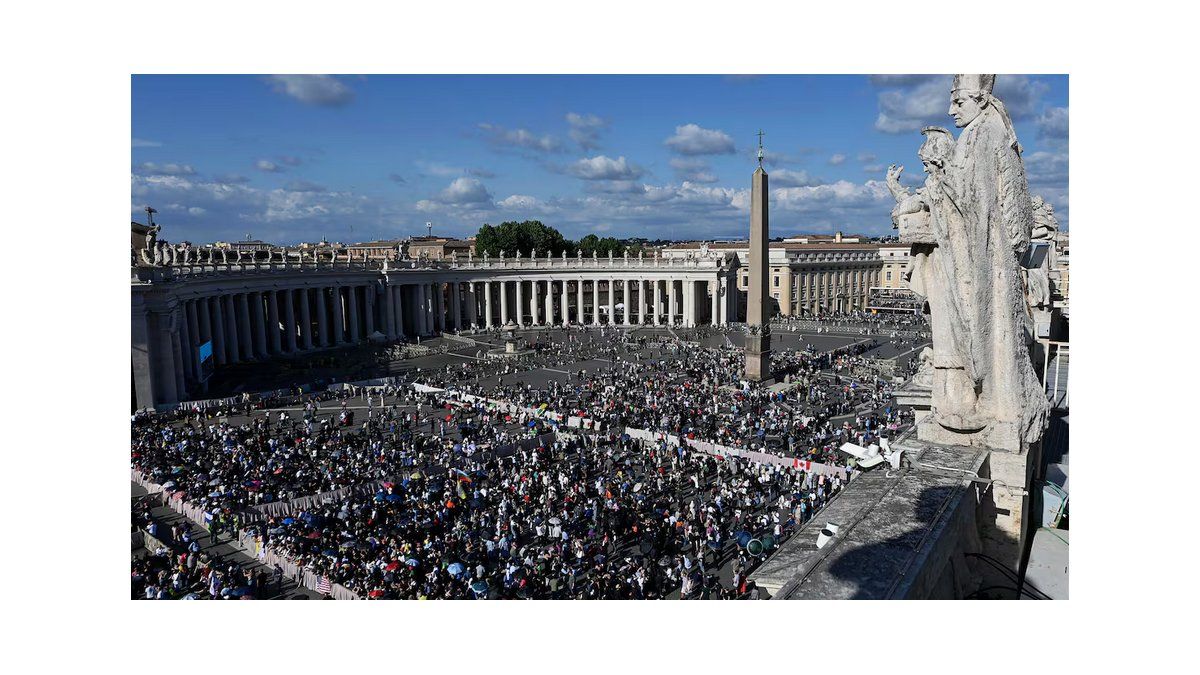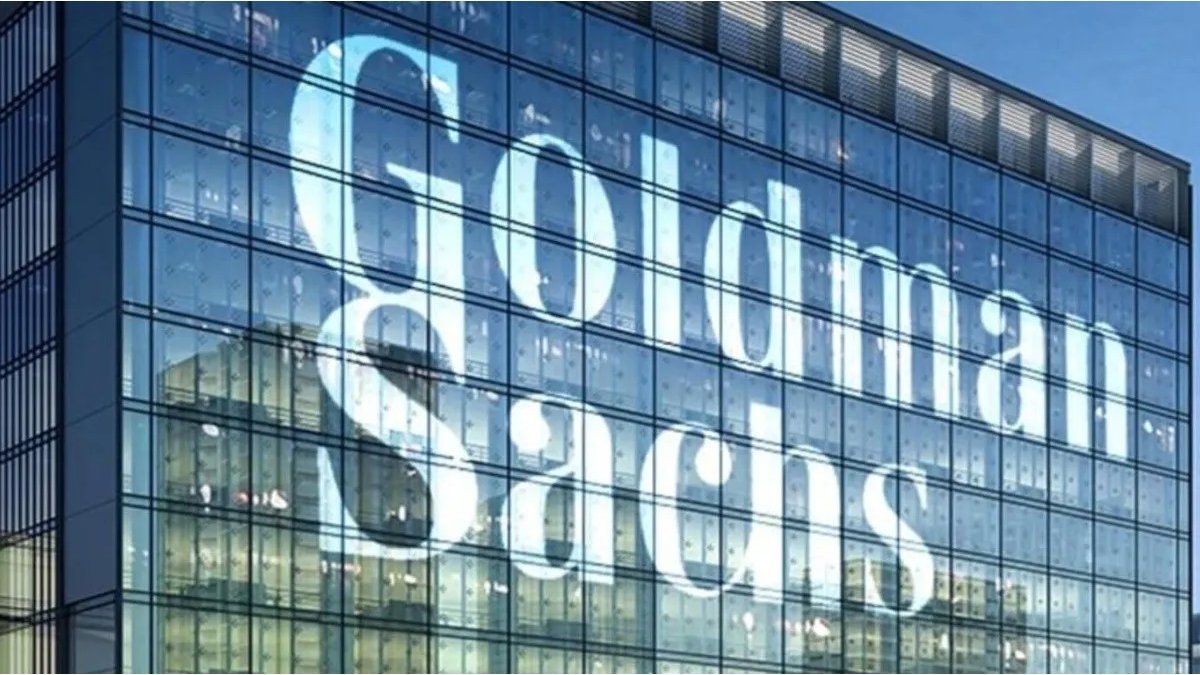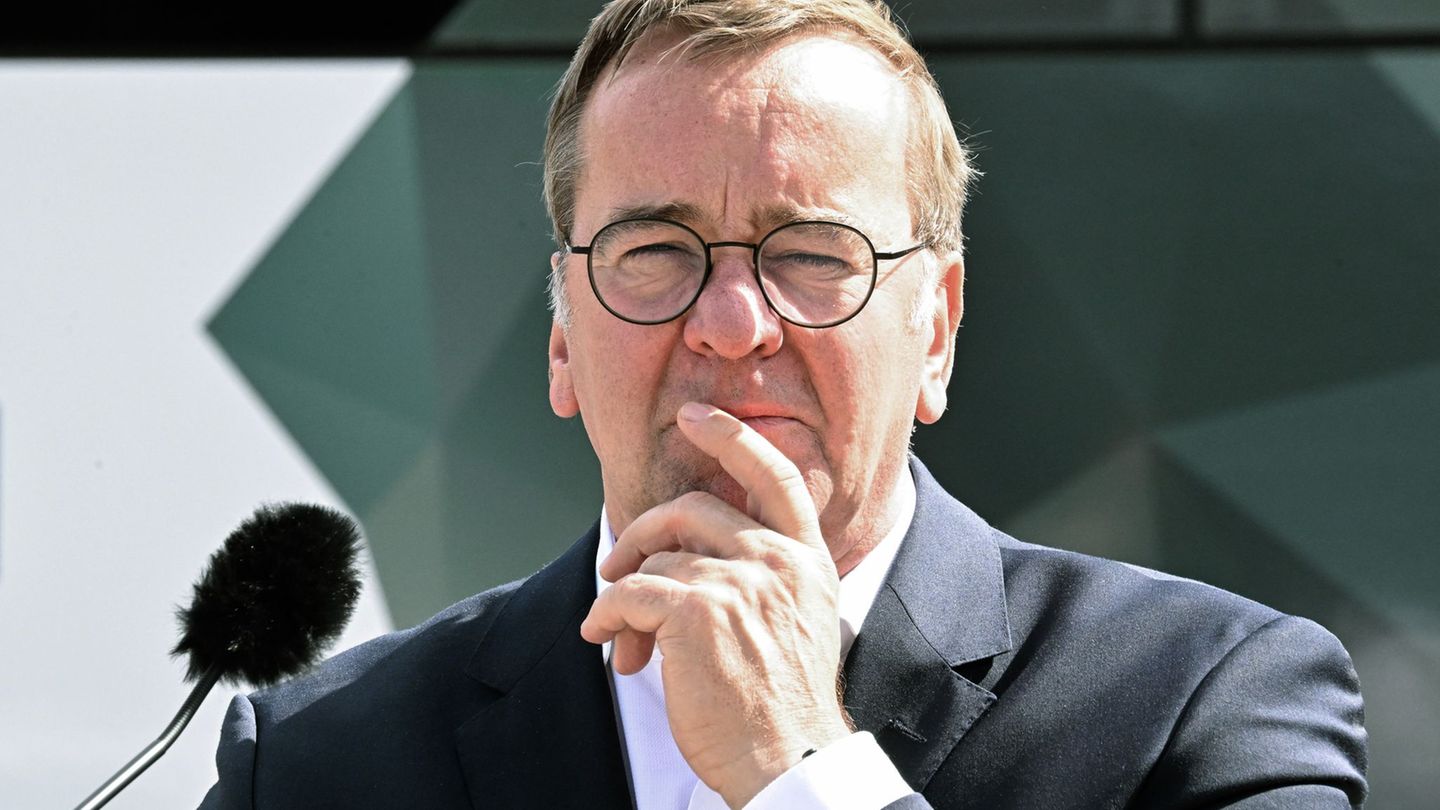(AFP Agency).- Xi Jinping, who won a third term as Chinese president on Friday until 2028, will face four main challenges: the economy, tensions with the United States, the Taiwan issue and human rights.
economic slowdown
The economic slowdown will undoubtedly be a central theme. The second largest economy in the world, accustomed for a long time to high growth rates, saw its GDP grow by only 3% in 2022, due to sanitary restrictions due to the anti-covid policy and the real estate crisis.
By 2023, the government is targeting “around 5%”, one of the lowest levels in decades.
Xi Jinping’s decision to surround himself exclusively with the faithful for his third term raises fears that he will favor ideology at the cost of growth.
If he hoped to make consumption the new engine of the economy, he hasn’t succeeded yet. As for his concept of “common prosperity,” which is supposed to reduce wealth differences among the population, Xi has seemed more discreet about it in recent months.
Tensions with the US
Bilateral relations with Washington have turned sour in recent years due to technological and commercial competition, human rights, and even the issue of the origin of covid-19.
A visit by US Secretary of State Antony Blinken, scheduled for February, was postponed at the last minute after the Biden administration shot down a Chinese balloon, which Washington said Beijing had used for espionage purposes, something China denied.
Since then, diplomatic tensions have continued to escalate. On Tuesday, Foreign Minister Qin Gang warned of the risk of “conflict and confrontation” if Washington does not change course.
Xi himself made an unusual direct criticism of the US authorities, accusing them of dragging Western countries into “a policy of containment, encirclement and repression against China.”
taiwan
With his new mandate, Xi could decide that the time has come for Beijing to seize the island of Taiwan, administered by a democratic government and which China claims as part of its territory.
The issue has become increasingly sensitive in recent years. In August, Nancy Pelosi, then the Speaker of the US House of Representatives, visited Taiwan. Furious, China responded with the largest military maneuvers in its history around the island.
In October, the Communist Party included for the first time in its Constitution its opposition to the independence of the island territory.
Any Chinese invasion of Taiwan would disrupt global supply chains: the island is the world’s leading manufacturer of semiconductors, essential compounds for a multitude of electronic devices.
A military intervention would provoke the indignation of Western countries, would isolate China and bring Beijing and Washington closer to a direct armed confrontation.
China announced on Sunday a 7.2% increase in its defense budget, its highest increase since 2019.
Chinese military spending, however, is still around 2% of GDP, a level below that of the United States.
Human rights
Since Xi Jinping came to power at the end of 2012, civil society has almost completely disappeared, the opposition has been stifled and dozens of activists are in prison.
The Chinese authorities are accused of having interned in “camps” at least a million people in Xinjiang (northwest), mainly from the Uyghur Muslim minority.
Several Western studies also mention “forced labor” in Xinjiang, and speak of “genocide” as a result of sterilizations and abortions presented as “forced.”
China denies all these accusations.
A UN report alludes to possible “crimes against humanity” in the region, but does not use the term “genocide,” which the United States does.
The human rights situation has little chance of improving during the third term of Xi, whose power seems unshakable in the face of international pressure.
Source: Ambito




